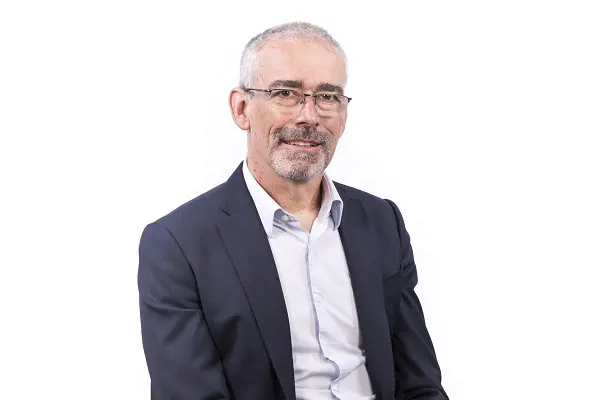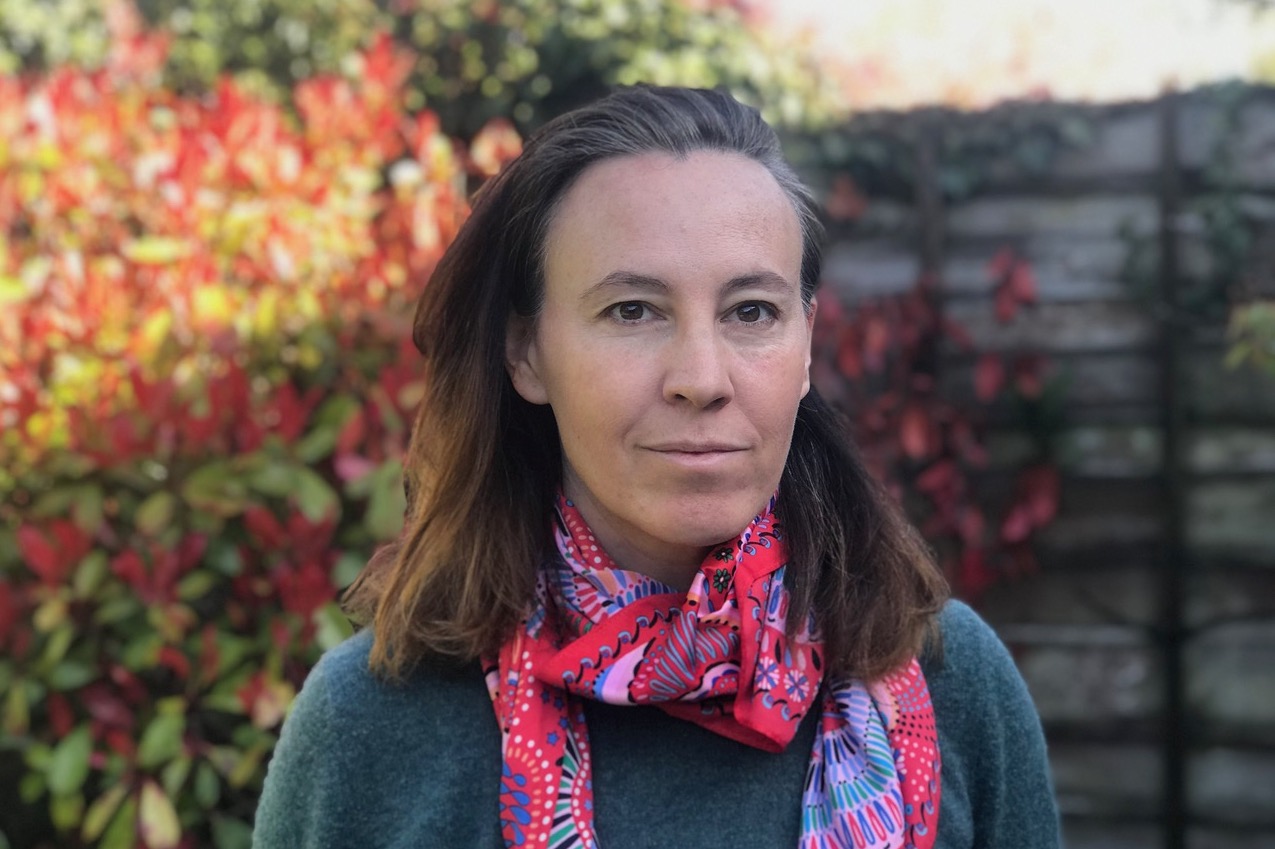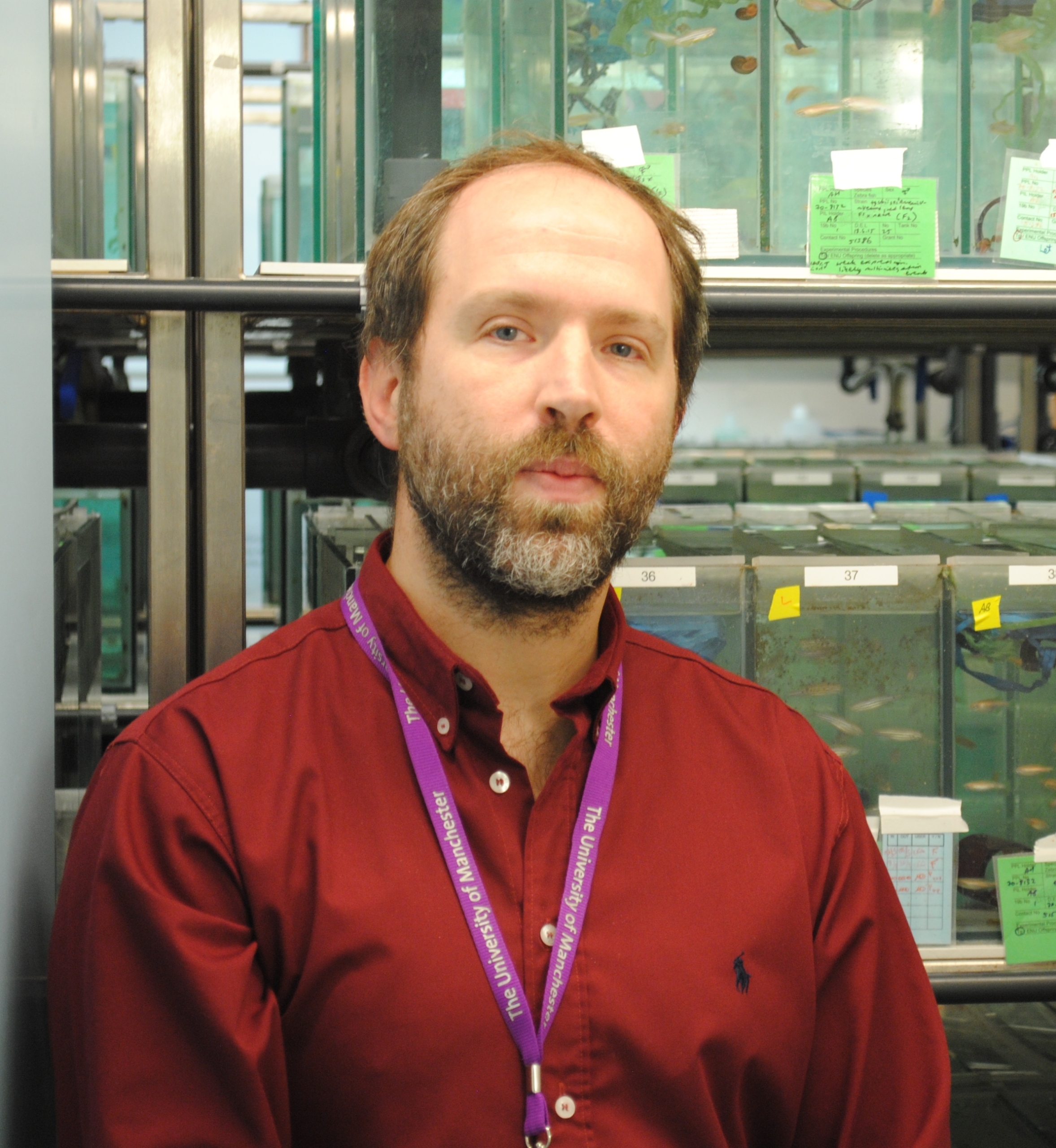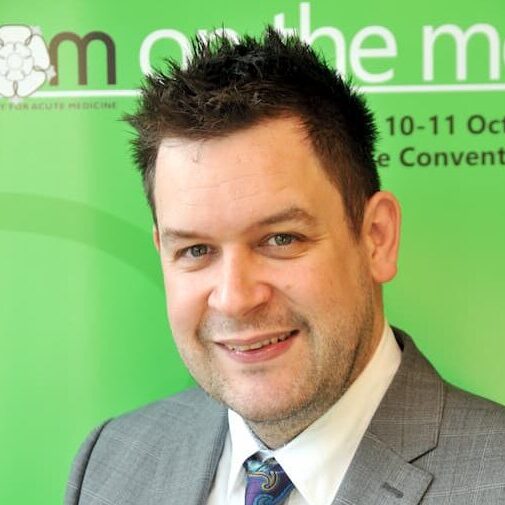Melanoma and Other Skin Cancers

What is skin cancer?
There are two main types of skin cancer: melanoma and non-melanoma skin cancers.
- Non-melanoma skin cancers include basal cell skin cancer (BCC) and squamous cell carcinoma (SCC) named after the skin cells where the cancer develops. Non-melanoma skin cancers tend to develop on skin exposed to the sun.
- Melanoma is the 5th most common cancer in the UK accounting for 5% of all new cancer cases. Melanoma skin cancer starts in cells in the skin called melanocytes, which are the cells responsible for producing melanin, the pigment that gives our skin its colour.
Melanoma research in Manchester
Melanoma is a key research focus for the Manchester Cancer Research Centre partnership. Scientists in Manchester lead national initiatives and collaborate on international projects to advance cutting-edge treatments. Clinicians are enhancing care standards for melanoma patients and are trailing innovative approaches, including radiotherapy, immunotherapy combinations, cell therapies, and advanced surgical techniques.
The MCRC Biobank plays a pivotal role in melanoma research by collecting tissue samples from patients. These samples enable the development of patient-derived xenograft (PDX) and cell-derived xenograft (CDX) models, allowing researchers to study real-world melanoma biology in the laboratory.
At the Cancer Research UK Manchester Institute, scientists use advanced models to explore drug mechanisms and resistance, aiming to identify more effective treatment strategies.
The Christie NHS Foundation Trust boats a global reputation for the high quality of their melanoma treatment and research. The Christie has been heavily involved in various melanoma clinical trials and in the development of new drug treatments.
Improving melanoma treatment options
At The University of Manchester, researchers are leading innovative studies to enhance treatment options for melanoma.
Dr Hurlstone and his team focus on understanding how melanoma develops resistance to therapies designed to activate the immune system against cancer. Their goal is to improve the effectiveness of these treatments for patients while identifying new drug targets to advance melanoma care.
Additionally, our scientists are playing a leading role in the DETECTION-2 clinical trial, which is trialling a pioneering blood test that can spot signs of melanoma returning. Professor Paul Lorigan and Dr Rebecca Lee are leading the trial and hopes the trial could lead to quicker diagnosis for people at risk of a relapse and also prevent people from having unnecessary treatment if their cancer is unlikely to return.
Future directions in melanoma research
Researchers in Manchester are leading the way in pioneering studies that could revolutionise how we diagnose, monitor, and treat melanoma. From refining existing treatments to exploring entirely new approaches, these studies aim to improve patient outcomes and quality of life.
Ongoing research studies
DyNAMIc Study: A Smarter Approach to Treatment
This study is testing a new way to deliver a standard melanoma treatment to make it more effective and delay drug resistance. Patients typically take two targeted therapies (encorafenib and binimetinib) daily, but over time, cancer cells can become resistant. Instead of continuous dosing, this study introduces a “stop-and-start” approach based on blood test results. By taking breaks, researchers hope to keep cancer cells sensitive to treatment for longer. The study will include 40 patients in the UK, with most following the new intermittent schedule and a smaller group continuing the standard daily treatment.
Immune-Tox Study: Understanding Long-Term Side Effects
Immune checkpoint inhibitors (ICIs) are powerful cancer treatments that help the immune system attack melanoma, but their long-term effects remain unclear. This study will follow patients who had melanoma removed and were treated with ICIs, comparing them to those who did not receive this therapy. Researchers will monitor for potential side effects, such as heart issues, other medical conditions, and changes in energy levels or overall well-being. The goal is to provide better guidance for doctors and patients in managing long-term health after treatment.
Mechanisms and Biomarkers Study: Unlocking the Secrets of Melanoma
To better understand why some melanoma treatments work better for certain patients, researchers are analysing patient samples – including tumour tissue, blood, and optional stool or mouth swabs. By using advanced lab techniques, they aim to uncover why some patients develop resistance to treatments. This knowledge will help personalise therapies, reduce unnecessary side effects, and improve survival rates. The study will run for 10 years, with each patient being monitored for five years.
Fertility Study: Protecting Reproductive Health
This study is exploring whether immune checkpoint inhibitors (ICIs) affect fertility in men and women. Researchers will track fertility markers – such as egg count in women and sperm quality in men – before, during, and after treatment to determine any lasting effects. The findings will help patients make informed decisions about fertility preservation before starting treatment.
Key Questions for Future Research
Looking ahead, our researchers are committed to tackling some of the biggest challenges in melanoma treatment, including:
- How can we treat less common and rare melanoma types, such as acral, mucosal and uveal melanomas?
- Can we build upon previous mRNA technology to develop personalised vaccines to better treat melanoma?
- How can we use biomarkers to test and identify melanoma skin cancer earlier?
Meet the team

Professor Paul Lorigan
Professor of Medical Oncology, The University of Manchester

Dr Rebecca Lee
Clinical Senior Lecturer, Division of Cancer Sciences

Dr Kerrie Marie
Institutional Strategic Support Fund Fellow

Dr Santiago Zelenay
Senior Group Leader, CRUK Manchester Institute

Dr Amaya Viros Usandizaga
Skin Cancer and Ageing Group, CRUK Manchester Institute

Professor Caroline Dive
Director CRUK National Biomarker Centre

Avinash Gupta
Medical Oncologist, The Christie NHS Foundation Trust

Deemesh Oudit
Consultant Plastic and Reconstructive Surgeon, The Christie NHS Foundation Trust

Dr Adam Hurlstone
Reader, Division of Immunology, Immunity to Infection & Respiratory Medicine

Dr Dominic Rothwell
Deputy Director at the Cancer Research UK National Biomarker Centre

Dr Evangelos Giampazolias
CRUK Manchester Institute Cancer Immunosurveillance Lab Group Leader

Dr Tim Cooksley
Consultant in Acute Medicine, The Christie NHS Foundation Trust

Dr Holly Summersgill
Research Programme Manager
All information above is correct at the time of publication: 19-03-2025
References and sources used for data and information:










